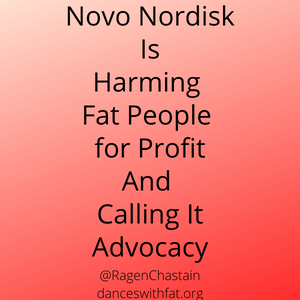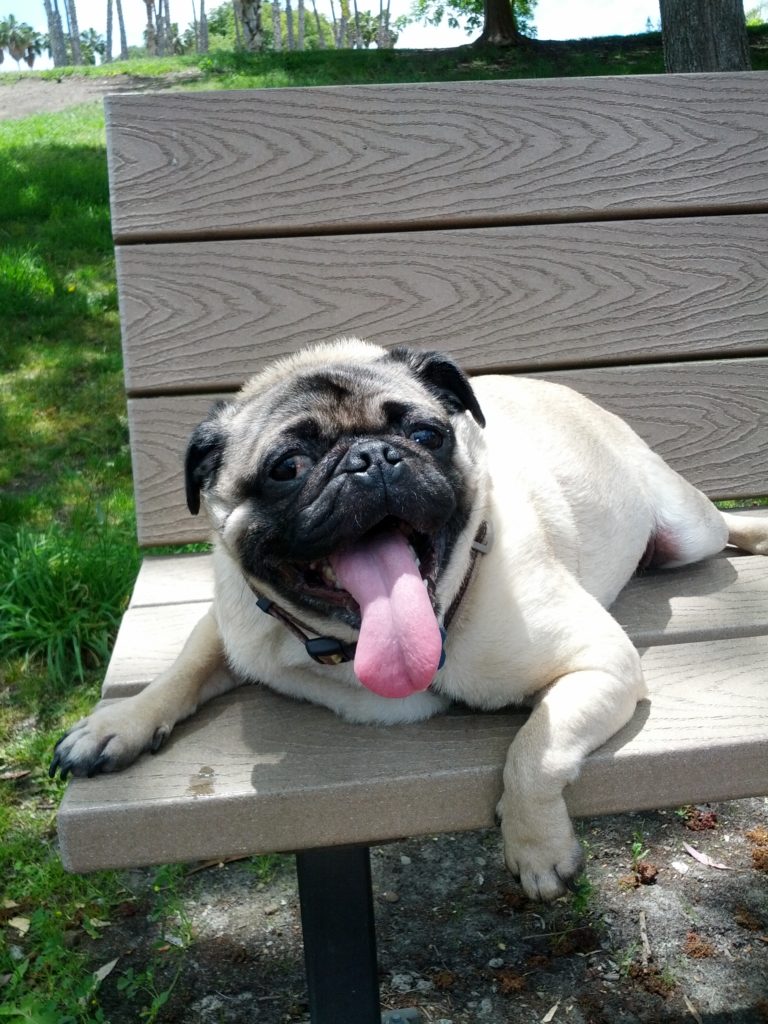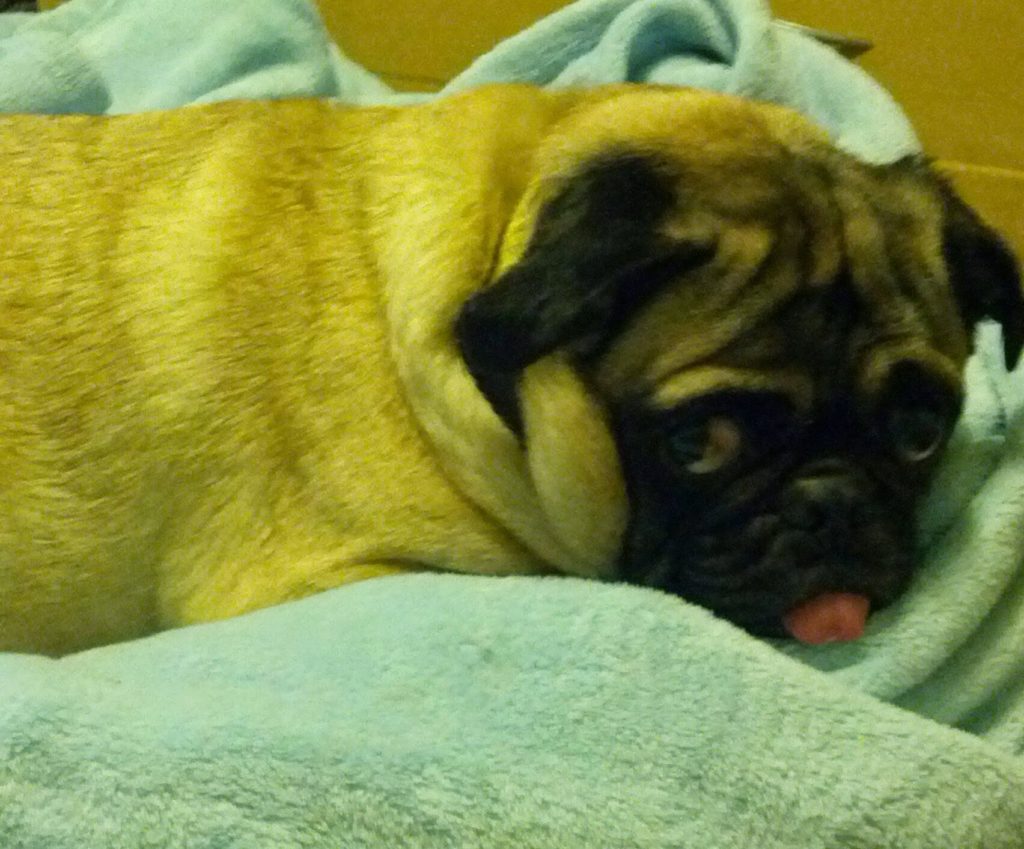Recently I was one of four fat women who were interviewed for an article about the issues that weight stigma creates around eating in public while fat, and how we overcame them.
You can read the full article here. We did this interview by email, and of course it’s normal for articles to use partial quotes and so here, for posterity, are my full answers to the interview:
When did you first notice that there was a certain level of attention placed on you when eating in public?
As I moved from high school to college I became deeply involved in diet culture and I began to notice that people would compliment me on eating the “right” foods (salad, no dressing, skipping dessert etc.) such that, even if they didn’t say anything when I ate “wrong” things, I felt that disapproval was implied.
How did that initially make you feel?
At the time I was still so deeply invested in diet culture and anti-fatness that it felt like a validation of my choices of using eating as a way to try to manipulate my body size. As I’ve learned more about the insidious nature of diet culture the inherent hypocrisy, double standards, and harm of the practice have come into much sharper relief, but I didn’t see it at the time.
Has there ever been an incident where someone said or did something to you while eating at a restaurant
I was eating at a restaurant with three friends, all thin. A man who was being led to his table by a hostess stopped dead in front of my table, looked at my plate, looked at me, then pointed to the plate and said “this is why you’re fat.” While this would be wildly inappropriate regardless, and it’s not the first time that it had happened to me, but it was interesting to note that in this case all four of us were eating the exact same thing, as it was a specialty of the restaurant. It made it crystal clear that this was not about health, or logic, but rather about engaging in fatphobia.
How did these experiences as a result of weight stigma, diet culture and fatphobia affect your mental health?
When I was still entrenched in diet culture and had become hyper aware of the ways that my eating choices were linked to my body size and concepts of my health and even morality, I would often find the process of eating in public really stressful. This was compounded by the fact that I was very physically active and the performative eating the was demanded of me in order to avoid scrutiny or disapproval was not in line with the nutrition my body required to engage in the activities I loved. My relationship with food eventually devolved into a full blown eating disorder.
Over the years, how has that changed?
I recovered from my eating disorder, but was still considered “too heavy” and I was urged by doctors to lose weight to be healthy. I was lucky to avoid a full relapse, but spent years weight cycling (aka yo-yo dieting.) My education background was in research methods and statistics and so I decided to do my own literature review to find the diet that worked the best. That was when I learned that there wasn’t a single study where more than a tiny fraction of people were able to maintain significant weight loss, and that the yo-yo dieting that I had been experience was the expected biological response and not a personal failure. As I extricated myself from diet culture I began to see the ways that weight stigma had been impacting my relationship with food in unhealthy ways, as well as the fatphobia-driven hypocrisy that existed – for example in television shows where a thin woman eating tons of food was celebrated as being a “cool chick” and “wife material,” when a fat woman eating even half as much would be ridiculed as “not prioritizing her health” and “un-dateable”
If this no longer affects you the way it used to, what helped you to overcome it?
I fixed my relationship with food and eating in public by first acknowledged that weight stigma is real and that it does real harm to me. It’s not in my head, and it’s not something that I can solve through loving my body, it’s a process of systemic oppression. Understanding that, I realized that until it was possible to end fatphobia, my choices were to continue to fight my body on behalf of weight stigma, or to start fighting weight stigma on behalf of my body. I chose the latter. That includes refusing to eat performatively or to engage with or care about other people’s unsolicited opinions about my food choices or body. It also includes setting boundaries around what is and is not open for discussion, people are allowed to thin whatever they want about what I eat, but they are responsible for keeping those thoughts to themselves if they want to spend time with me, especially where food is involved.
Despite changing attitudes and the rise of the body positivity movement, do you feel that eating in public is still an issue that many battle with but is rarely discussed?
I do think that it is a serious issue. Weight stigma and diet culture often convince fat people that we deserve to be treated poorly and that, at the very least, we owe explanations and justifications for our body size, food choices, and health to anyone who thinks they deserve them. Conversely, it gives those who wish to judge and comment on fat people’s choices and bodies the mistaken belief that it is their purview to do so. In this way fat bodies are seen as open for public discourse, which definitely makes eating in public fraught.
What were your thoughts on Tess Holiday’s comments and the way media and society as a whole treats larger women who eat in public?
I think that Tess was spot on about the harmful nature of these photos. They reinforce the idea that fat people should never be safe from being monitored and judged for their food intake. The fact that someone eating at Disney World (an activity that Disney World advocates relentlessly through their own marketing) is considered newsworthy is just another example of the ways in which the media will exploit weight stigma and harm fat people for attention and profit.
What advice would you give to plus-size women who struggle with eating in public?
First acknowledge that the problem here is not your body, it is fatphobia. Affirm to yourself that, while this is becoming your problem, it is absolutely not your fault. Understanding that this shouldn’t be happening, and that you shouldn’t have to deal with this, you then get to make choices based on your goals in any given situation. Those goals may change based on who you are with eating with and if there is a power imbalance (ie: eating with your boss vs eating with a friend,) how you feel on any given day, and a multitude of other factors. You can choose to eat based on what seems the most delicious to you, based on a desire to avoid judgement from the people who are with you, or for any other goals or reasons. If you do face judgment you can react in whatever way makes the most sense for your circumstances, from ignoring it, to changing the subject, to setting a boundary, or confronting the person whose behavior is inappropriate. Activism is an option, but not an obligation – you can choose to react in whatever way centers your personal needs and goals in any given situation.
UPCOMING ONLINE WORKSHOP:
Between in-person and online family gatherings, work parties, New Years bashes, New Years Resolution, and a ton of diet ads… the holiday season can be a perfect storm of fatphobia. Plus this year all the talk of COVID-related body changes adds another layer of nonsense All that diet culture can really get you down. In this workshop we’ll talk about tips, tricks, and techniques to help us deal and have a happy holiday season on our own terms – whether we celebrate any holidays or not.
Full details and Registration: https://danceswithfat.org/monthly-online-workshops/
*This workshop is free for DancesWithFat members – login info is on the member page
Become a member here!
Missed one of my monthly workshops? You can still get the video here!
Like This Blog? If you appreciate the work that I do, you can support my ability to do more of it with a one-time tip or by becoming a member. (Members get special deals on fat-positive stuff, a monthly e-mail keeping them up to date on the work their membership supports, and the ability to ask me questions that I answer in a members-only monthly Q&A Video!)
Book Me! I’d love to speak to your organization (and I can do it remotely!) I speak to healthcare, college, corporate, and general audiences about topics including weight science, weight stigma, and the Health at Every Size paradigm. You can get more information here or just e-mail me at ragen at danceswithfat dot org
via Dances With Fat https://ift.tt/3EwgqaZ














